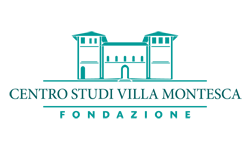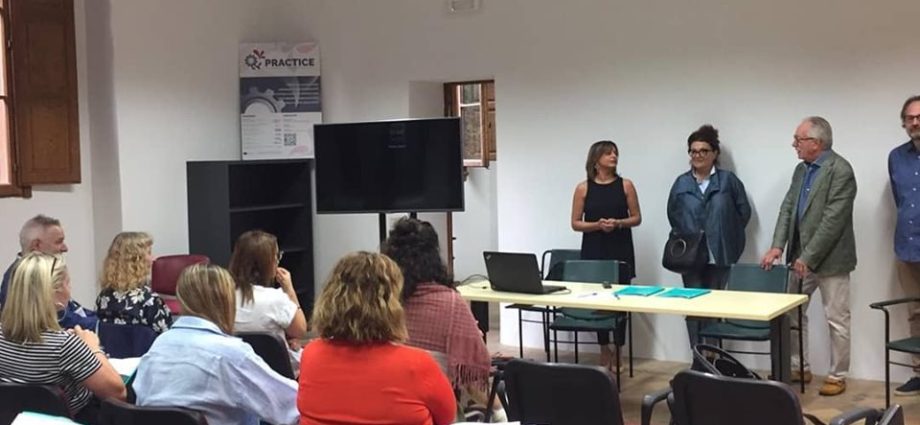Critical Thinking, Digital Awareness, Democratic Dialogue, Open-mindedness & Creative Thinking, Intercultural Awareness and Conflict Management: many are the competences, skills and teaching styles that teachers need to acquire and/or strengthen in their daily practice. These are fundamental for educating students in approaching in an open and critical way a more and more complex reality, providing them with protective factors against extremism leading to violent radicalisation.
Furthermore, addressing controversial issues such as migration, gender, cultural identities and global topical issues, can be challenging for teachers, especially in a world full of information, not always reliable for youngsters to detect and analyse.
PRACTICE project aims to support teachers in these aspects, providing them with training, theoretical materials, teaching approaches and methodologies, as well as practical activities to be implemented directly in classroom.
During the last 3-6 of September 2019, 14 experts on Radicalisation Prevention and Professional Development of teachers, coming from 6 different countries, met in Città di Castello, Italy for a training event, based on a peer-learning approach, to be ready to train in turn teachers in their own countries.
The experts had the chance to analyse together and experiment in practice the training modules developed by the PRACTICE project’s partners, in the framework of the second intellectual output, the Radicalisation Prevention Programme, discussing about opportunities and modalities of implementation of the programme in schools.
During the first day, participants had the occasion to hear the interventions of experts who presented different perspective to the topic of radicalisation prevention, thus allowing an holistic approach to the thematic.
Moreover, participants have been involved in a study visit at the primary school of Monte Santa Maria Tiberina, in a rural area at risk of marginalisation, meeting the school principal and the teachers who presented the innovative and participative approach applied, based on the educational principles of Maria Montessori.
In the next weeks, the Radicalisation Prevention Programme will be finalised and teachers in Italy, Austria, UK, Germany, Denmark and Greece will be invited to participate to training seminars during November and December, to be ready to applied what learned directly with their students!
Stay tuned for the next steps!
PREVENTING RADICALISM THROUGH CRITICAL THINKING COMPETENCES – PRACTICE

